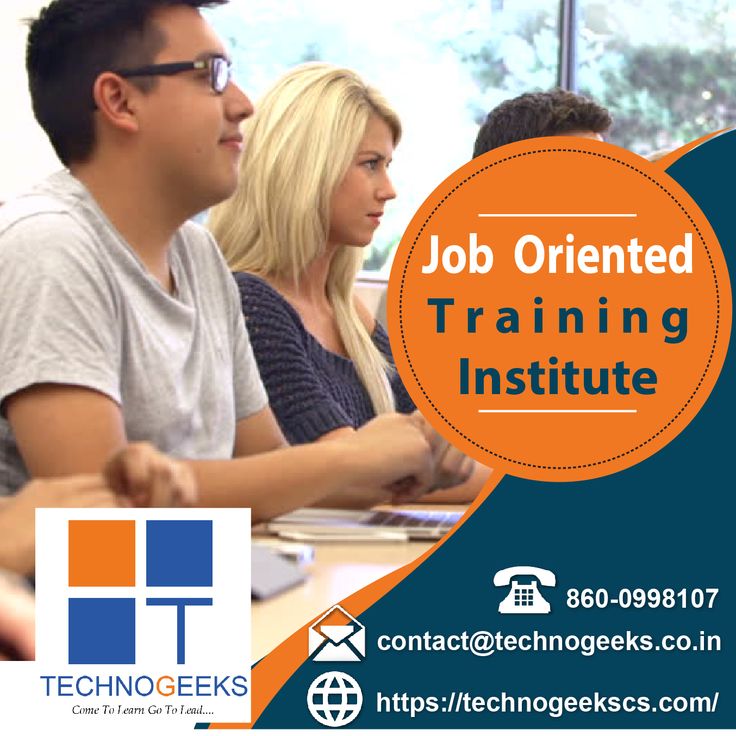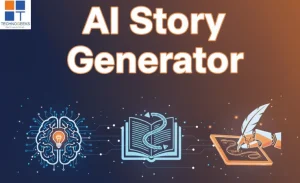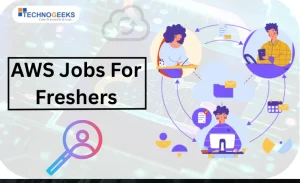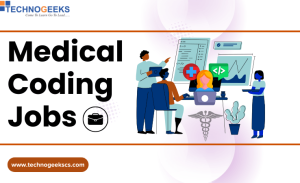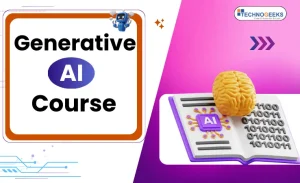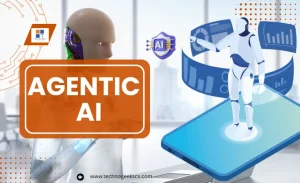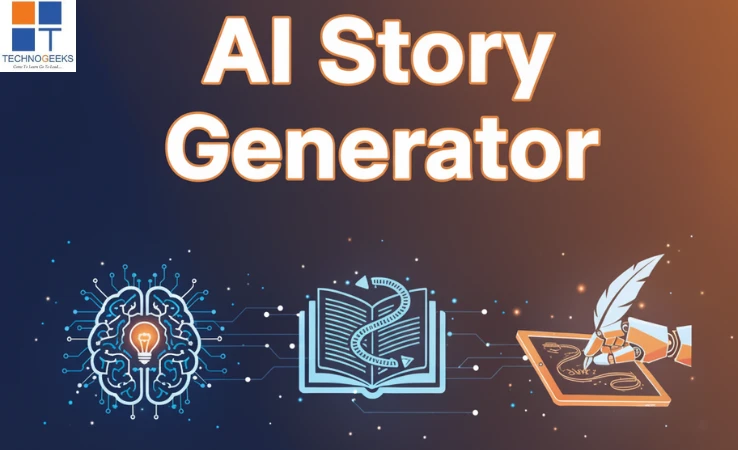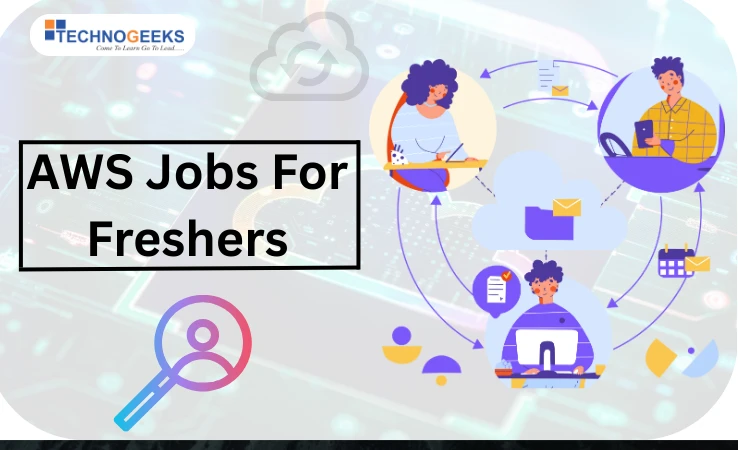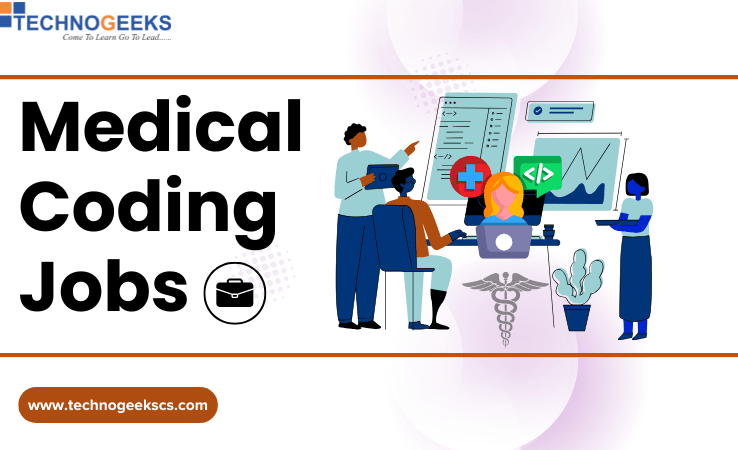Table of Contents
How To Improve Your Personal Development Skills
Personal development skills are very important for personal growth and success. It involves continuously improving personality in various areas. It includes learning new skills, setting goals, and developing a growth mindset. Personal development skills actively increase self-awareness, interpersonal skills, and decision-making skills.
As we know our life will change as we grow, we will face different situations, changes, and new responsibilities. To handle these challenges well and succeed in various areas, having a personal development plan is important. It means continuously improving yourself in your work, education, and personal life. This involves setting goals and making plans to achieve them.
A journey towards personal development is similar to personal growth. It helps you grow and become better in simple and practical ways. By learning & developing new skills, you can overcome difficulties and reach your full potential. Well, it all comes down to taking baby steps towards improving yourself.
According to Denis Waitley,
“Personal Development is the belief that you are worth the effort, time and energy needed to develop yourself.”
In this blog, we discuss the importance of personal development skills and provide valuable insights on how to prepare them effectively. We actively explore the importance of developing these skills for personal growth and success. Additionally, we provide examples and tips to actively guide you on your journey of personal development.
What are the personal development skills
There are two main types of personal development skills:
- Soft skills
- Technical skills
Soft skills refer to the personal attributes and mutual abilities that enable individuals to interact effectively with others and navigate various social and professional situations. These skills include communication, teamwork, problem-solving, adaptability, leadership & time management.
Soft skills are important because they actively contribute to personal growth and success in numerous areas of life. They help individuals build positive relationships, resolve conflicts, and collaborate with others towards common goals. In addition, soft skills can be used in many different situations like work, school, and interacting with others. They are important and helpful in many different places.
On the other hand, technical skills are specific competencies related to a particular field or occupation. These skills are more job-specific and typically require training, education, or experience.
Both soft skills and technical skills are valuable for personal development. Soft skills actively provide a strong foundation for effective communication, teamwork, and personal growth, while technical skills actively contribute to expertise and proficiency in specific areas of interest or work. Developing a balance between these two types of skills can enhance one’s overall personal development skills and create opportunities for personal and professional success.
Looking For Software Training In Pune – Call Us 8600998107 Or 7028710777
Why are personal development skills important?
Personal development is all about investing time & efforts into developing yourself as a person. Just like you train your body in sports to become stronger and better, personal development focuses on training your mind and character.
Personal development is very important because it helps you feel less stressed and have fewer conflicts. It encourages you to focus on the positive aspects of life & even face difficult situations with a smile. It means learning to be brave, facing challenges, and overcoming fears. Personal development also includes growing in maturity, wisdom, and being grounded or down-to-earth.
Additionally, personal development encompasses practical skills that help you navigate through life. For example, learning about time management helps you effectively use your time and be more productive. Finding what methods work best for you allows you to achieve your goals efficiently.
Personal development skills examples
Here are 7 Skills for personal development are:
- Communication
- Self confidence
- Interpersonal
- Adaptability
- Problem solving
- Believe in yourself
- Embracing Mistakes
Communication
People with good communication skills actively clarify verbal and non-verbal cues, enabling them to understand what others are saying and experiencing. They also actively express their own thoughts, ideas, and feelings effectively. A good communicator communicates with clarity, ensuring that their messages are easily understood by others.
Confidence plays an important role in effective communication. A confident communicator exhibits self-assurance, speaking with conviction and assertiveness. They actively express their opinions and ask questions when needed, without fear or hesitation. Furthermore, they adapt their tone of voice and communication style based on the situation, ensuring that it aligns with the context and the audience.
Developing good communication skills involves practicing effective speaking, active listening, and non-verbal communication such as maintaining eye contact and using appropriate gestures. By actively improving these skills, individuals can enhance their personal and professional relationships, resolve conflicts more effectively, and convey their ideas with clarity and confidence.
Want To Improve Your Communication Skills ?
Enroll Now Our Spoken English Course Or Call Us 8600998107 Or 7028710777 For any query
Self-confidence
Self-confidence is like believing in yourself & your skills. It gives you the bravery and motivation to set big goals and embrace new challenges.
When you possess self-confidence, you actively feel courageous to explore new things and take risks. You trust that you can learn and improve, even if something seems hard. Self-confidence helps you conquer doubt and fear of failing, so you can overcome challenges and setbacks.
Being confident in yourself makes you stronger. You bounce back from challenges and setbacks with a determined spirit. Instead of giving up, you keep trying & never give up until you reach your goals.
Self-confidence is like a special power that helps you aim high and reach for your dreams.
As our Rocket Man APJ Abdul Kalam Once Said –
“Confidence and Hard Work is the best medicine to kill the disease called failure.”
So, work hard on your own unique talents and abilities, believe in yourself, and watch how your confidence opens doors to endless possibilities.
Examples Of Self-Confidence :
- Giving a presentation to a large audience without feeling nervous
- Trying out for a sports team or auditioning for a play
- Speaking up and expressing your opinions in a group discussion
- Taking on a leadership role and guiding a team towards a common goal
- Starting a new business or launching a creative project
- Taking on challenging tasks or projects at school or work
- Setting boundaries and saying “no” when necessary
- Believing in yourself and your abilities even when facing obstacles
Interpersonal Skills
Interpersonal skills are like a set of tools that help us navigate social interactions with others. These skills actively include both our communication through words and gestures, as well as our reactions and responses to others. When we interact with people, our interpersonal skills actively influence our ability to connect with them, establish relationships, & most importantly, create a positive impression.
Verbal communication is about using words effectively, speaking clearly and confidently, and actively listening to others. Nonverbal communication actively involves using body language, facial expressions, and tone of voice to convey messages and understand others. These skills hold importance as they actively help us express ourselves, better understand others, and avoid misunderstandings.
Having good interpersonal skills allows us to form meaningful relationships and make friends. Interpersonal skills are most important in the corporate world. It helps us collaborate on tasks, work well with others, and form a team. These skills also enable us to resolve conflicts peacefully, show empathy and understanding, and treat others with respect.
Practicing & improving interpersonal skills involves being aware of how we communicate and how our words and actions affect others. It means being respectful, kind, and attentive in our interactions. By developing these skills, we can create positive & friendly social connections, which can lead to happiness and success in various aspects of life.
Adaptability
Adaptability is like having a superpower that allows us to navigate smoothly through different situations and handle unexpected changes. Being adaptable is beneficial because it helps us quickly & easily adjust our thoughts, actions, and plans to fit into any situation.
People who are good at adapting embrace change with an open mind and a positive attitude. They are flexible and open to trying new things, which helps them grow & learn from different experiences. These people can get along with any kind of people with many personalities. They understand that everyone is unique and may have different perspectives.
Adaptable individuals are like “problem solvers,” able to blend into any situation and make the most of it. They remain calm and composed in unexpected situations, finding creative solutions and staying focused on their goals.
Being adaptable is a valuable skill because life is full of changes and surprises. By being adaptable, we can overcome challenges, seize opportunities, and thrive in different environments. It helps us welcome new adventures, make the most out of any situation, and lead a happier and more successful life.
Problem Solving
Problem-solving is like having a superhero power that helps us tackle tough and unexpected situations. When we are good problem solvers, we can confront issues with confidence and calmness and carefully analyse all of the possibilities to discover the best solution in order to solve a problem.
The best tip to solve a problem is to utilize our critical thinking skills to actively analyse the root cause of the problem and identify the best solutions. Good problem solvers are like detectives, carefully examining all the clues and evidence to solve a mystery. They think critically, break down complex problems into smaller parts, and use logical reasoning to find answers. With problem-solving skills, we can actively transform ourselves into everyday heroes in our own lives. We can find solutions & work towards making the world a better place.
Enroll Now Our Spoken English Course Or Call Us 8600998107 Or 7028710777 For any query
Believe in yourself
You must have heard the line – “Abide by yourself and the world will abide you”
What this thought tells us is that you have to believe in yourself & work hard towards your goal. When you trust in your own judgments and abilities, it sends a positive energy that can inspire and encourage people in your presence.
Having self-belief helps you tackle challenges and pursue your goals with a sense of certainty. Instead of feeling uncertain or doubtful, you approach difficulties with a confident mindset, which increases your chances of success. When others see your strong trust in yourself, it encourages them to trust in you too.
Believing in yourself is like a happy energy that spreads to others around you, making them feel excited too. Your confidence becomes a source of motivation for others, encouraging them to take risks & believe in their own abilities.
Practicing self-belief involves acknowledging your strengths, setting realistic goals, and celebrating your achievements. It means embracing your uniqueness and understanding that you have the power to make a positive impact. By believing in yourself, you become a source of inspiration, helping yourself and others unlock their full potential and achieve amazing things.
Embracing Mistakes
Why embrace and admit to making mistakes? Because as humans, we all make mistakes! Those who claim they never make mistakes are being dishonest. However, those who openly acknowledge and embrace their mistakes show honesty, strength, and good character. We have to understand that making mistakes is normal & a necessary part of life.
Everyone makes mistakes sometimes whether they are kids or adults. We should see our mistakes as great chances for growth and improvement rather than being afraid of or discouraged by them. By accepting our mistakes, we give ourselves the opportunity to gain new perspectives and knowledge that might improve our personal growth.
In many fields of work, the ability to make mistakes is actually highly valued. Taking risks and being willing to make mistakes is often seen as essential for innovation and progress. By embracing mistakes, we encourage a mindset of continuous improvement and adaptability, which are highly valued in many professional situations.



